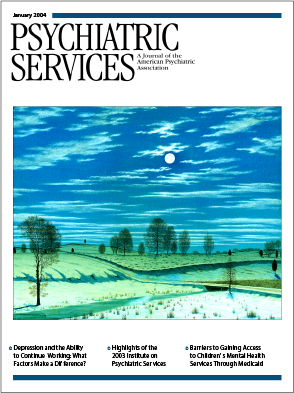Eldercare 911: The Caregiver's Complete Handbook for Making Decisions
Eldercare 911: The Caregiver's Complete Handbook for Making Decisions is a comprehensive, user-friendly handbook that delivers practical problem-solving information, directed primarily toward female family caregivers. The authors, Susan Beerman, M.S., M.S.W., and Judith Rappaport-Musson, C.S.A., have neatly divided the book into 19 sections progressing from the decision to become a caregiver to providing end-of-life care.
In general, the book is designed to be read piecemeal and is well organized, well referenced, and well indexed so that the reader can easily look up the problem at hand. Practical work sheets designed to make caregiving more effective and efficient conclude most chapters. The clear, straightforward writing style is punctuated by testimonials from female caregivers that emotionally amplify the factual information presented.
I found the chapters about overseeing medications and managing medical issues to be particularly strong. The questions and bulleted points on what to ask the physician and how to avoid medication problems and complications should be in every caregiver's possession. The sections on the pros and cons of hiring a private health aide as well as how to most effectively supervise the hired caregiver are also particularly well developed. The theme that the caregiver is not alone pervades the book. The authors back up the rhetoric by encouraging readers to visit their Web site, post messages on their bulletin board, subscribe to their free newsletter, or sign up for a caregiver's workshop.
A few sections of the book could have had more elaboration. I found the chapter on coping with Alzheimer's disease to be the weakest. Specifically, techniques for optimizing communication with a person who has Alzheimer's disease and the section on understanding and dealing with behavior problems were incomplete. The signs for recognizing diminished sight were nonspecific and did not provide a useful guide for caregivers. The section on taking away the patient's car made no mention of the availability of driver evaluations. Hospital discharge and homecoming were described as exhilarating experiences. We know discharge often means dealing with delirium or significant ongoing morbidity with limited resources.
Overall, I would go beyond the authors' recommendation that limits the book primarily to women. Eldercare 911 is filled with sound advice and facts that will benefit caregivers of both sexes. I do not see this book supplanting The 36-Hour Day (1), which is more comprehensively focused on Alzheimer's disease and related dementing illnesses. However, Eldercare 911 can be confidently recommended by health care professionals in conjunction with The 36-Hour Day or as the primary resource for caregivers of persons with nondementing illness.
Dr. Zisselman is affiliated with the department of psychiatry and behavioral sciences at Temple University School of Medicine in Philadelphia.
1. Mace NL, Rabins PV: The 36-Hour Day. Baltimore, Johns Hopkins University Press, 1981Google Scholar



